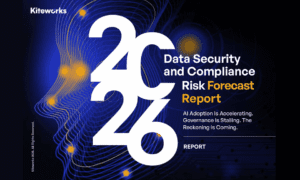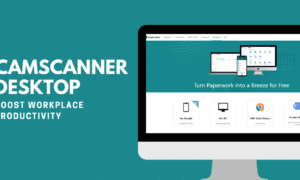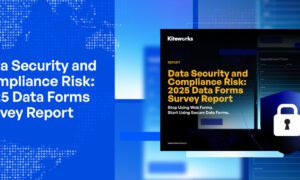As businesses continue to move their operations to the cloud, data security has become a critical concern. Cloud computing offers numerous advantages, including scalability, cost efficiency, and enhanced collaboration. However, storing sensitive information in the cloud exposes organizations to potential cyber threats. Protecting valuable data in this environment requires adopting robust security practices. Below are some of the best strategies for ensuring data security in the cloud.
Data Encryption
Encryption is one of the most important ways to safeguard data in the cloud. It involves converting readable data into an unreadable format using algorithms, which can only be decrypted by authorized parties with the correct keys. Encryption should be applied to data both at rest (stored in the cloud) and in transit (while being transmitted to and from cloud services). Ensuring end-to-end encryption is crucial, as it prevents unauthorized access to sensitive information, even if the cloud infrastructure is compromised.
In addition to encrypting data on your cloud provider’s end, businesses should manage their own encryption keys rather than relying entirely on the provider. This adds another layer of security and control over who can access critical information.
Strong Access Controls
Cloud services make it easy for employees to access data from anywhere, which can be a double-edged sword. Implementing strict access controls ensures that only authorized individuals can access sensitive information. This includes using multi-factor authentication (MFA), which adds an extra layer of security by requiring users to provide additional verification beyond just a password.
Role-based access control (RBAC) should also be implemented to limit access based on an individual’s job role. This principle of least privilege ensures that employees only have access to the information necessary for their responsibilities, reducing the risk of internal threats and accidental exposure of sensitive data.
Data Backup and Disaster Recovery
Even with strong security measures in place, businesses must prepare for the possibility of data loss due to cyberattacks, system failures, or human error. Regularly backing up data ensures that organizations can quickly recover their information if it’s compromised or lost. Cloud providers often offer built-in backup and disaster recovery solutions, but it’s important to verify that these meet your specific requirements.
Establishing a comprehensive data recovery plan is essential to ensure minimal downtime and disruption in the event of a security breach or data loss. Test your backup systems periodically to confirm that they function as expected and that all critical data is properly backed up.
Monitor and Log Activity
Continuous monitoring of cloud activity is essential for detecting suspicious behavior and potential security breaches in real time. Cloud providers offer tools for tracking user activity, data access, and system changes, which can help organizations identify anomalies before they escalate into serious issues.
Setting up automated alerts can notify IT teams when unauthorized access attempts or unusual activities occur, allowing for swift action to be taken. Additionally, maintaining audit logs of all cloud-related activities provides valuable insights for forensic investigations and helps with compliance reporting.
Choose a Trusted Cloud Provider
The security of your cloud infrastructure is highly dependent on the provider you choose. It’s essential to partner with a reputable cloud service provider that prioritizes security and compliance. Look for providers that offer comprehensive security features, including encryption, access control, and regular security updates.
Additionally, ensure that the provider complies with industry standards and regulations, such as GDPR, HIPAA, or ISO 27001, to protect your data. This will help mitigate the risks of legal and regulatory penalties in case of a data breach.
Regular Security Audits and Compliance Checks
Maintaining cloud security is an ongoing process. Regular security audits help identify vulnerabilities and ensure that your organization’s security policies are up to date. These audits should assess access controls, encryption standards, and cloud provider security protocols.
Compliance with regulatory requirements is also critical, especially for organizations handling sensitive data like personal information or financial records. Make sure your cloud infrastructure aligns with relevant data protection laws and industry standards.
Data security in the cloud requires a multi-layered approach, combining encryption, access control, continuous monitoring, and compliance with industry standards. As more businesses shift to cloud environments, staying vigilant and adopting best practices will be essential to protect valuable information from evolving cyber threats.



































